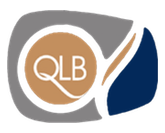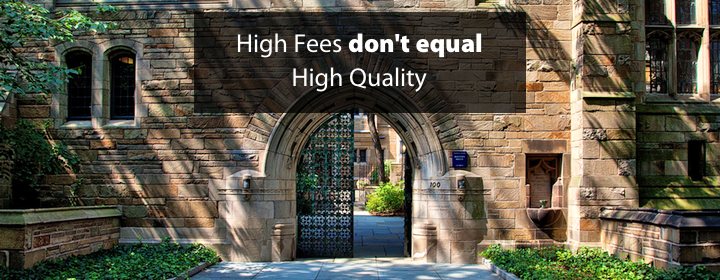In a land of inequality, education has a greater value than ever before and it can pave the path of success for children. However, many parents are financially crippling themselves in order to offer what is considered the ‘best’ education for their offspring, when this is arguably not wholly necessary.
In an unstable political and economic climate, in which certain human rights are sadly still far from inalienable, most parents understand that it is important to invest in their child’s welfare and future. If value were to correspond directly with quality, it could be safely assumed that higher fees would equate to a higher standard of education. However, the worth of a service is often subjective, and various factors should be taken into consideration before parents make assumptions about what higher school fees will buy.
Fin24 recently published an article that questioned education experts on the worth of private boarding schools in South Africa. Sadly, the government is still unable to provide everyone with free education, and private schools are quite simply filling the gap in an ill-functioning market. The lack of spaces at some low-fee schools, which tend to offer a better education than no-fee state schools, also means that the elite private school sector is rapidly expanding and pressure is put on parents to pay astronomically high fees for these exclusive alternatives.
Private schooling in South Africa can set parents back over ZAR200,000 annually per child. Granted, this does often include boarding, but not the cost of stationery, sports equipment and uniforms.
Dr Michael Le Cordeur, Chair of Curriculum Studies at the University of Stellenbosch’s Department of Education, ascertains that “a good education is determined by the quality of teachers, the quality of leadership at the school and how the governing body of the school performs its task.”
However, the question begs whether there is a disparity between the cost of private schools and the education that they provide. The bang may potentially not always be in line with the buck, so to speak.
It may be the case that some expensive schools are able to provide top-notch facilities, an international curriculum, a greater staff-student ratio, and a wider scope of extra-curricular engagements for the pupils.
However, there are still many schools with low- or middle-priced fee structures that also cater highly for their students thanks to donors. It is, therefore, important for parents to decipher how exactly their money will be spent so that they can make careful decisions accordingly.
The general premise is that some of the elite South African schools provide little more for their students than an old school boys/girls network, which offers the dubious advantage of cronyism but doesn’t necessarily make for better rounded or more educated young adults.
So if you are a parent looking for a suitable school for your child, ask yourself when reviewing options whether you will get your money’s worth, or if it would be equally well spent in a school with a different fee structure. Are you simply paying for networking opportunities? Whatever you decide, do so with open eyes. Invest in your child’s future today by doing thorough research and ensuring you have enough money saved to choose the option you believe to be best.

